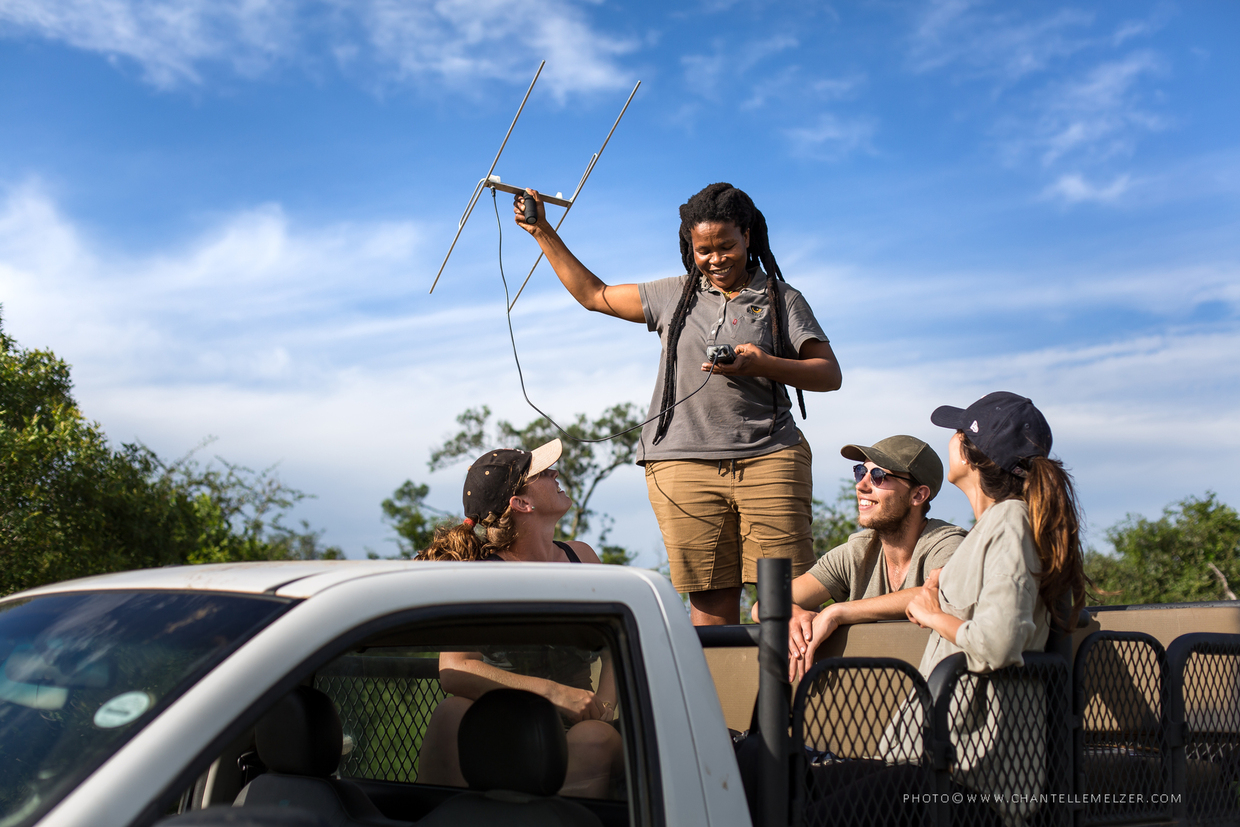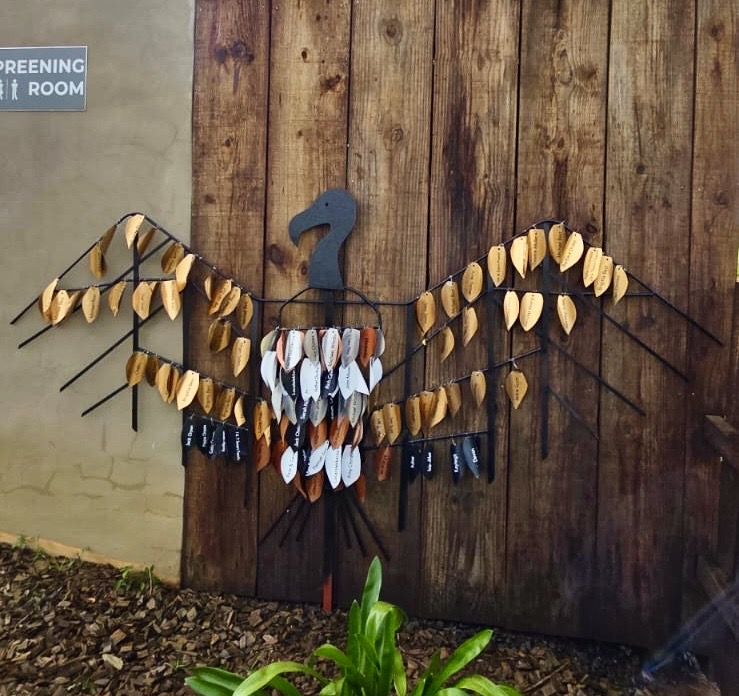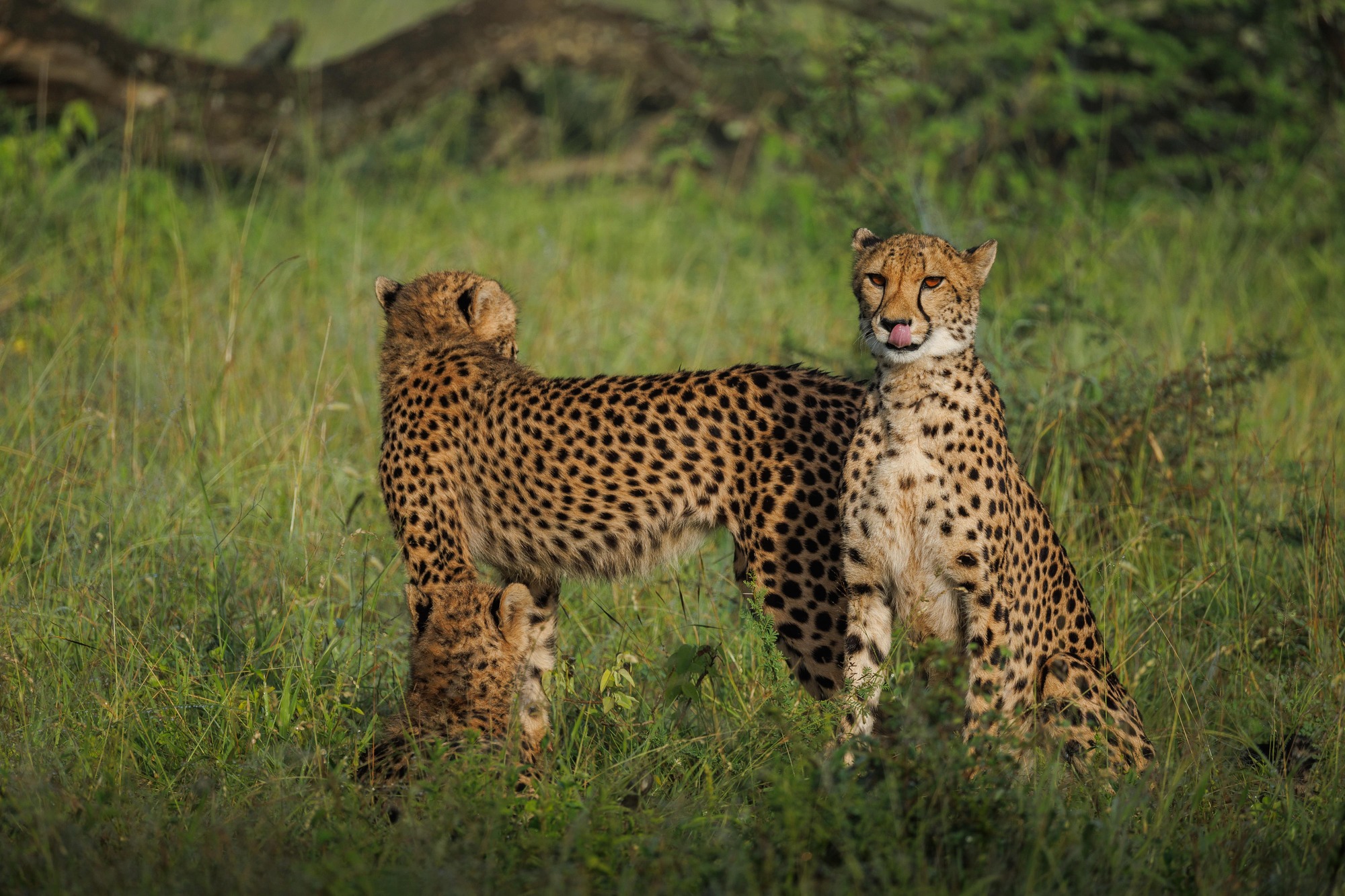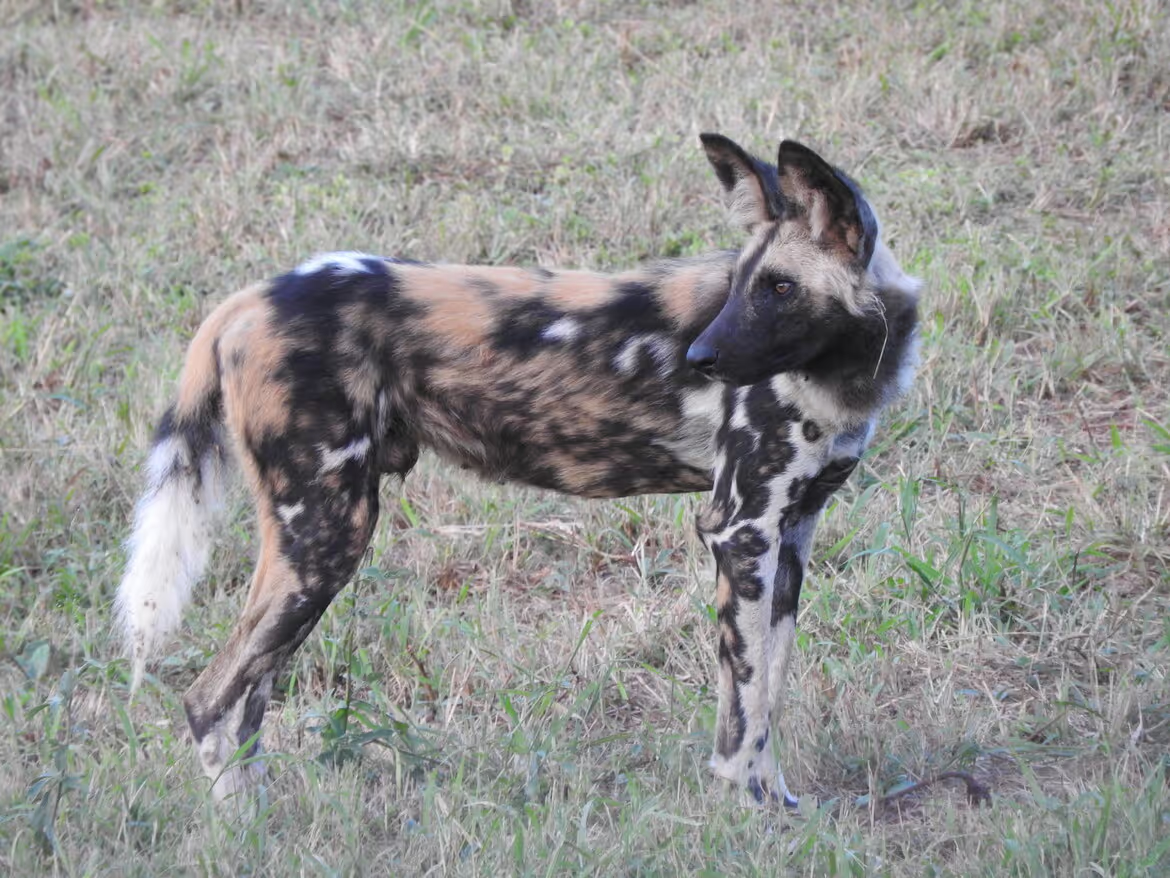
On 2 April 2022, Wildlife ACT and the Endangered Wildlife Trust assisted Ezemvelo KZN Wildlife by facilitating the release of Hluhluwe-iMfolozi Park’s newest pack of African Wild Dogs, boosting African Wild Dog conservation efforts on HiP.
African Wild Dogs are Southern Africa’s most endangered carnivore, with an estimated 5000-6000 individuals left in the wild, of which 650 individuals are found in South Africa.
The pack is comprised of four males - originally brought into Hluhluwe-iMfolozi from Tswalu Kalahari Reserve at the end of 2020 - and two females originally from HiP. The males and females originate from opposite ends of the vast Park and may never have come into contact.
The capture and bonding of the dogs was crucial for the formation of this new pack.

“Due to the highly fragmented conservation landscape across South Africa, the instinctive behaviour of young African Wild Dogs to disperse in search of mates can cause individuals to come into direct conflict with adjacent land users, as they try to leave in search of new mates,” explains Wildlife ACT’s Wild Dog Programme Manager, Mike Staegemann.
“HiP, through informed decision making and proactive measures, has been able to reduce potential conflict through the early capture and relocation of dispersal groups, thereby improving local perceptions about African Wild Dogs and associated Human-Wildlife Coexistence.”
Initially, the males and females lived in two adjacent compartments of a predator holding facility, commonly referred to as a Boma, in the Hluhluwe section of the Park. This passive bonding method allowed the dogs to get to know each other through the separating fence.

Once the Wildlife ACT Monitoring Team was comfortable with the interactions, a decision was made to dart all the individuals and use the Steve Dell method of rubbing the individuals on one another. The introduction proved successful and formed a cohesive and tightly bonded pack prior to release.
All six pack members of the pack are fitted with tracking collars to enable daily monitoring of their movements, behavioural dynamics, ecological influences, disease, snaring incidents and any other human-wildlife conflict issues.
“Now that they have been released from the Boma, we are hopeful that this pack will thrive and that the new genetic line created will continue to contribute to the HiP Wild Dog population and the metapopulation around Southern Africa in years to come,” says Dave Druce, Hluhluwe iMfolozi Park Ecologist, Ezemvelo KZN Wildlife.
This project is a partnership between Ezemvelo KZN Wildlife, Wildlife ACT, and the Endangered Wildlife Trust. It is supported by generous contributions from the Hans Hoheisen Charitable Trust, the Gabrielle Faickney Charitable Trust and a group of passionate individuals, the Jocks of the Bushveld.
Find out more about this African Wild Dog conservation success story HERE.





.jpg)





